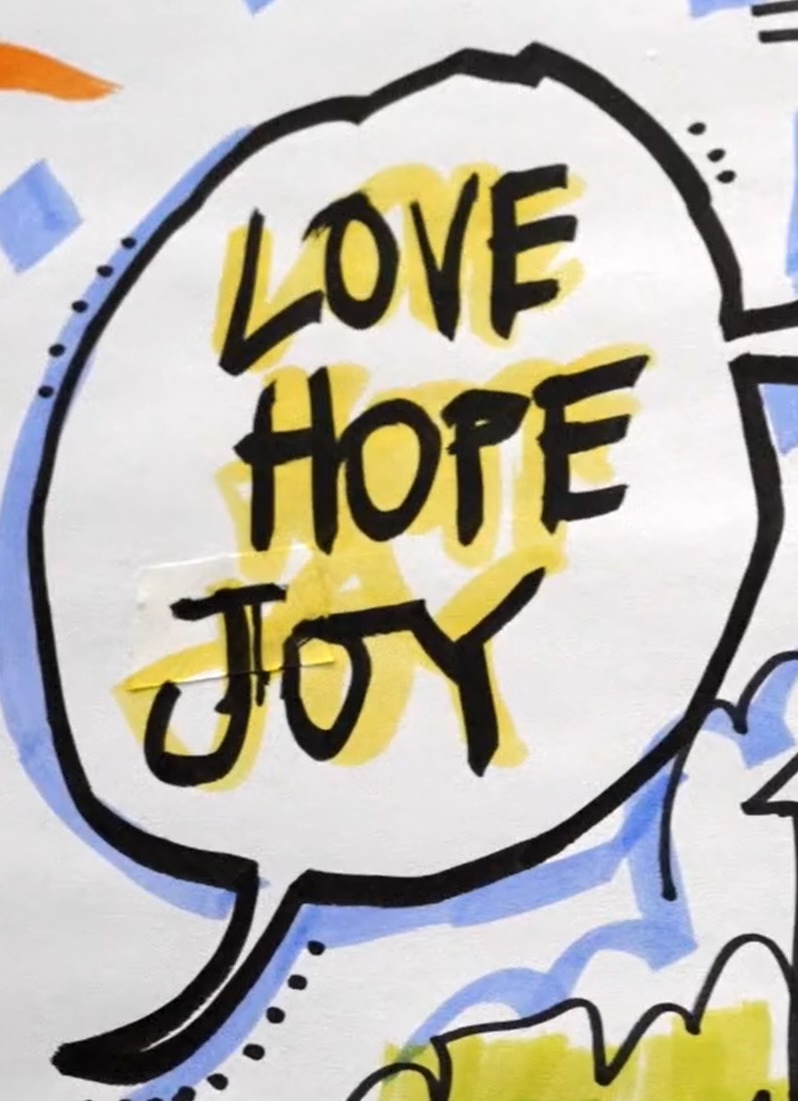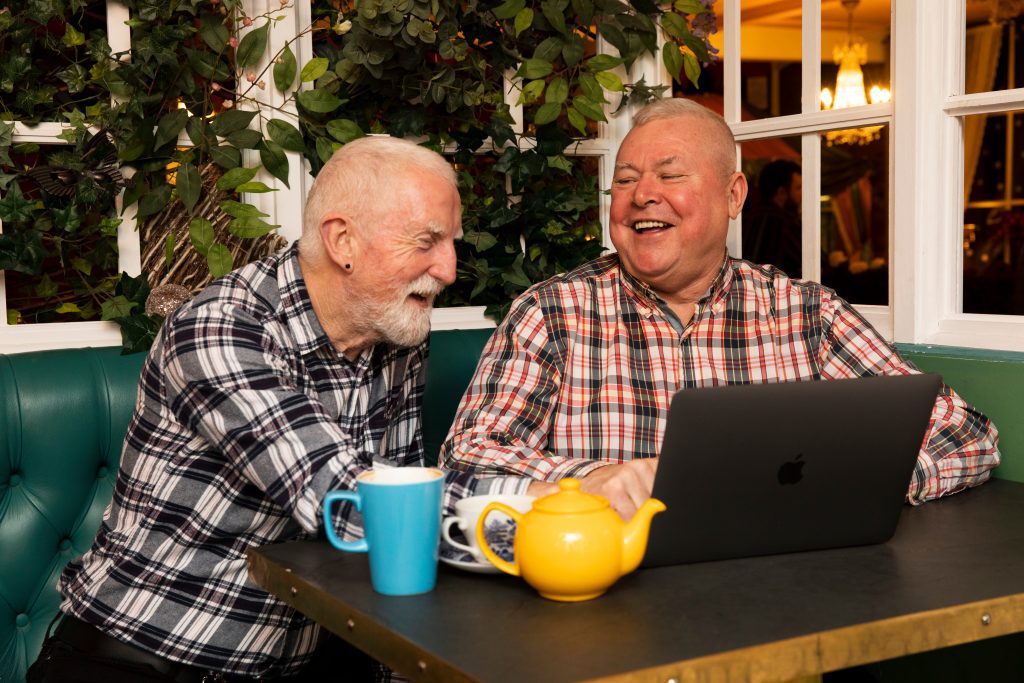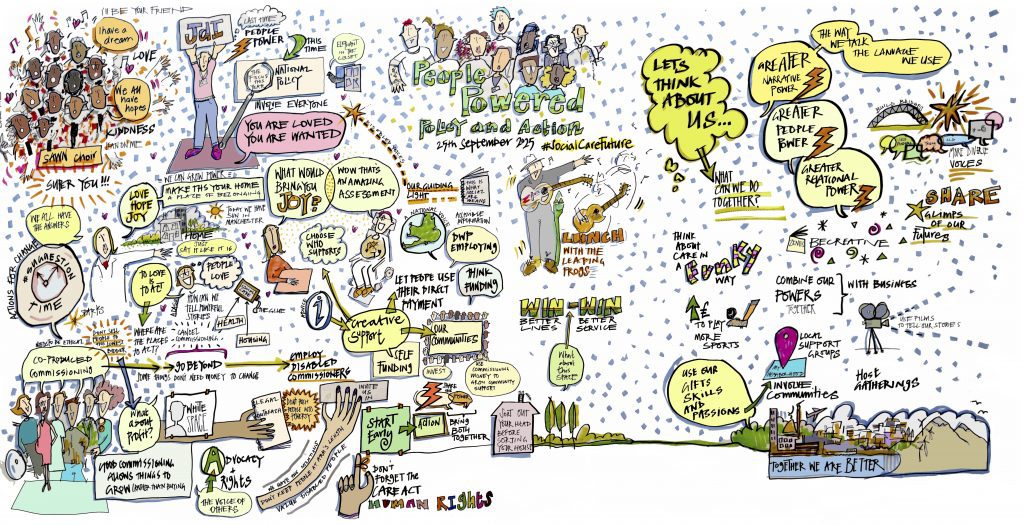By Neil Crowther
I’ve started reading Hilary Cottam’s compelling new book ‘The work we need’, in which, based on widespread engagement and research, Hilary articulates six principles of a good working life:
- Securing the basics
- Meaning
- Care and Repair
- Time
- Play
We can see from evidence that for those of us involved in paid ‘carework’ many of these principles can be unmet. It is poorly paid, a thief of time, leaves people exhausted and in poor health and with little scope for play. ‘Meaning’ (rooted in autonomy, relationships and a sense of improving the wellbeing of others) has perhaps historically served to partially compensate and hold people in this area of work. Yet, many trends, particularly connected to the ‘time and task’ way social care is commissioned and designed, the use of technology to monitor delivery, the challenge of establishing relationships with people supported and the abiding sense of leaving people without the care and support they truly need are undermining this.
The government and sector bodies seem at one in imagining that the solutions lie in ‘professionalisation’: measured in pay, recognition, status and progression. Maybe these will help elevate adult social care sufficient that the principles of good work can be increasingly met. But without a strong focus on the principles of good work in the round, including what gives people ‘meaning’, I think its chances of success are limited.
And this is, in my view, the huge missing link in the debate around ‘professionalisation’. If we ‘professionalise’ for a field of activity that is neither aligned to the aspirations of the very people it exists to serve, nor as a result capable of offering meaning to the people it needs to come work in it, then what are we expecting to achieve? What does it mean to be ‘professional’ and by whose definition?
The push towards ‘professionalisation’ in adult social care seems to me to be part of a broader trend towards a one size fits all world of consolidation and standardisation, and away from one centred on the individual wellbeing principles in the Care Act. I would venture that this will prove a lose:lose further deepening the ennui that, on top of poor pay, insecure work and lack of autonomy, many increasingly feel when working in the legacy social care field, while widening the gap between what people should anticipate as a right and what they are largely able to choose from, it at all.
It’s telling then that in a government-commissioned survey of the adult social care workforce and their work-related quality of life, personal assistants (PAs) score better on most care work-related quality of life measures including:
- being able to make a difference;
- relationships with people supported;
- autonomy;
- having enough time;
- worrying about work;
- self-care;
- feeling safe;
- good professional relationships and feeling supported, as well as the overall care work-related quality of life score.
Moreover, personal assistants are also less likely to state an intention to leave the workforce.*
I want to venture that this isn’t about ‘professionalisation’ or ‘status’ or a ‘brand’, it’s about the fact that the ‘principles of good work’ that Hilary refers to are more likely to be being experienced by PAs than by their counterparts working in the legacy sector. And what this evidence specifically means, I feel, is that growing a sustainable future workforce needs to go hand in hand with transforming what adult social care is and does, how it is organised and how it is experienced by all who have reason to draw on it.
Sadly, as with the debate about digital technology, lots of people seem instead to be transfixed on professionalising the status quo.
* Blake et al The Adult Social Care workforce and their work related quality of life Findings on work related quality of life and wellbeing – wave



